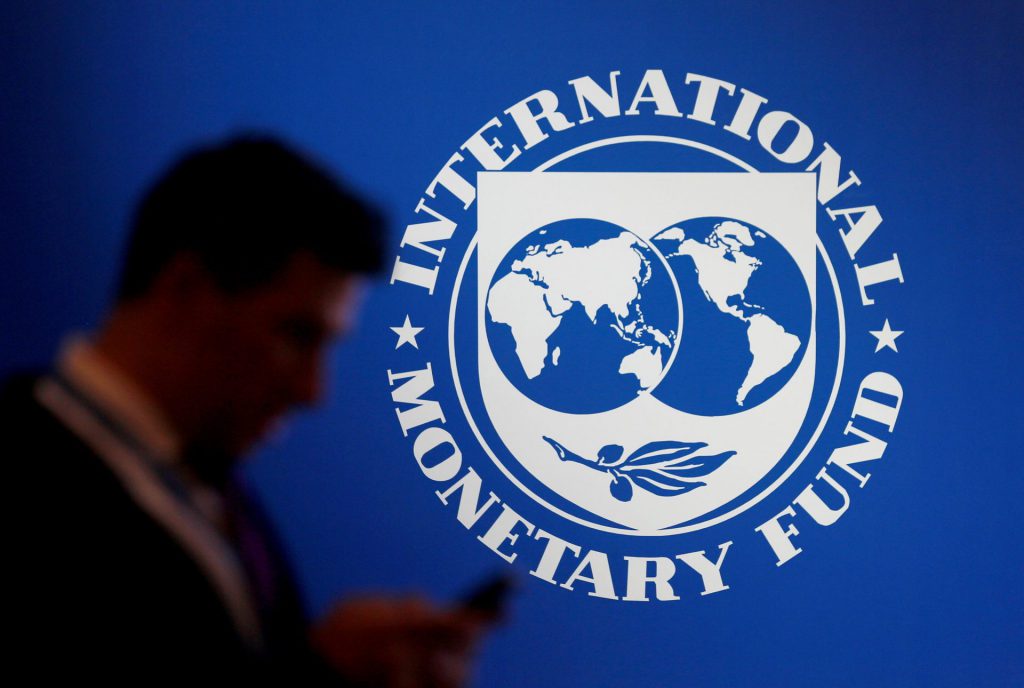The International Monetary Fund (IMF), feels that there needs to be more comprehensive policies in crypto. Establishing effective policies has become a priority for authorities, after the failure of some exchanges.
According to an official statement on digitalization last week, the IMF presented an assessment of the macro implications of crypto assets to the G20 presidency earlier this year. In particular, the IMC recommends:
“To protect national sovereignty, it is important not to grant crypto assets official currency or legal tender status. Doing so would require accepting them in many jurisdictions for tax payments, fines, and debt settlements, and could generate fiscal risks for government finances, and could threaten financial stability or rapid inflation.”
International Monetary Fund
Crypto assets are widely growing in use worldwide. Reliance on digital assets and currency is becoming more important to some global economies. Hence, the IMF believes that there needs to be strict regulations and policies to protect those who invest in the upcoming currency.
Also read: Banning Crypto Might Not Be the Best Approach: IMF
If it becomes acceptable for payments such as taxes and other debts, crypto can become more intertwined with daily life. This can be a risk to government finances, hence the importance in the IMF’s eyes to prevent this from happening.


Also read: IMF Initiates Development of a Global Digital Currency Platform
The IMF sights the collapse of Terra as a clear caution for allowing crypto to become legal currency, and that there should be stronger crypto policies. They add, “By embracing a comprehensive approach and implementing these recommendations, policymakers can safeguard monetary sovereignty, protect investor interests, and promote financial stability in the digital age.”





